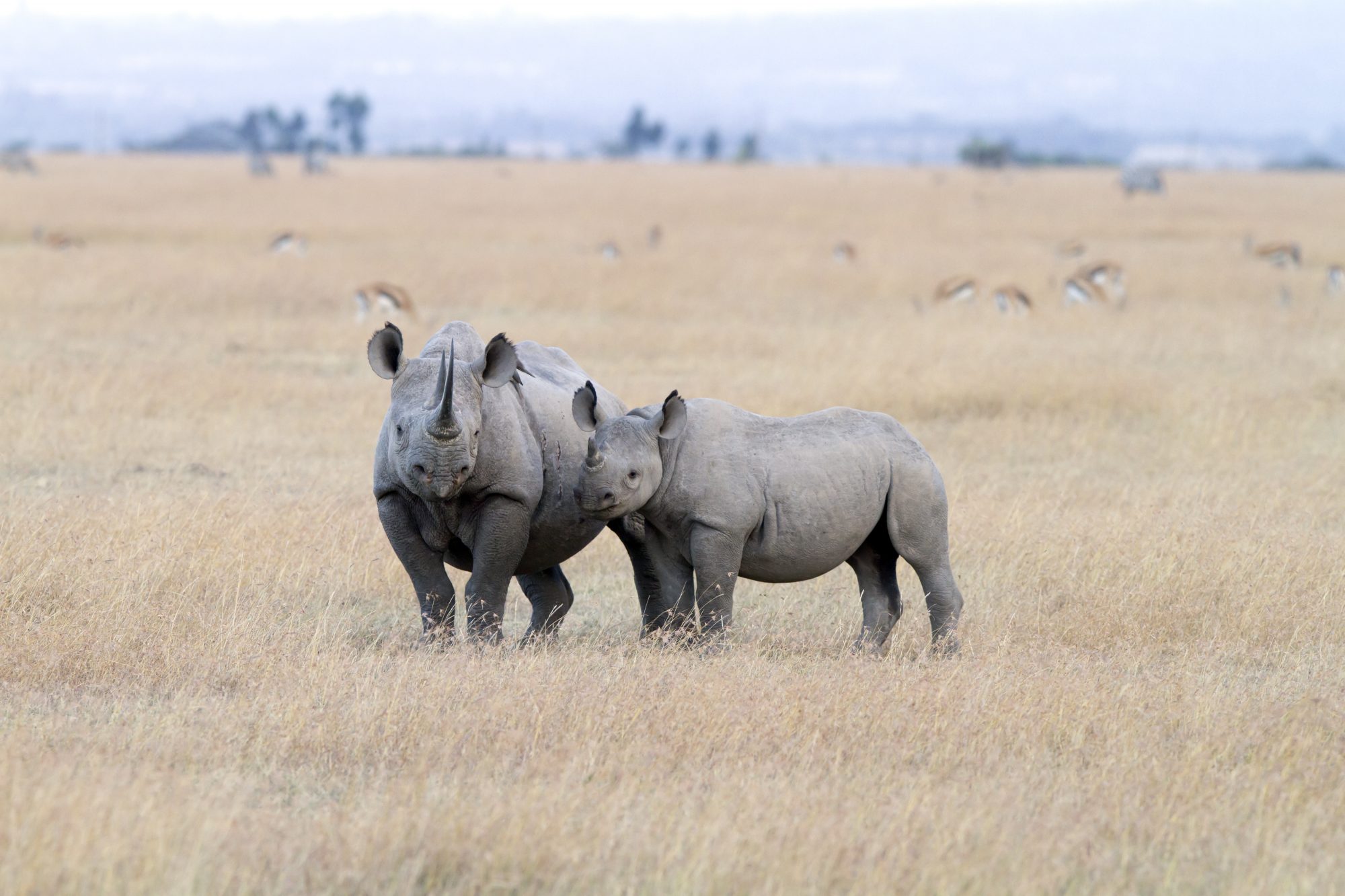A pair of backbench MPs could derail the Trophy Hunting Bill coming to the Commons this Friday despite being backed by 9 out of 10 voters
Christopher Chope MP, who has notoriously sought to block private members’ bills on various issues, including making up skirting an offence and stopping female genital mutilation, is tabling no fewer than 26 amendments to block the Trophy Hunting Bill.
Potentially allowing British hunters to bring home trophies of some of the world’s most endangered animals
Pro-hunting Conservative MP for Leominster, Sir Bill Wiggins MP, has tabled a wrecking amendment to the bill that would create wide exemptions, potentially allowing British hunters to bring home trophies of some of the world’s most endangered animals – including critically endangered black rhinos.
The Hunting Trophies (Import Prohibition) Bill, which aims to ban British trophy hunters from bringing their kills back to the UK, was a manifesto commitment of both the Conservative and Labour parties and has been brought forward as a government-drafted private member’s bill and is set for debate on Friday. It passed its second reading and Committee stages unopposed.

The Trophy Hunting Bill now hangs in the balance
The bill, which was tabled by Henry Smith MP and publicly supported by Dame Joanna Lumley, Dame Judi Dench, Rod Stewart, and Liam Gallagher, to name a few, now hangs in the balance.
Wiggin’s amendment is based on an exemption the American hunting lobby persuaded the US government to adopt. As a result, American hunters, including Corey Knowlton were able to shoot black rhinos, of which there are just 3,142 animals left, as well as lions and elephants from endangered populations.
American hunters were able to shoot black rhinos – despite there being just 3,142 left globally
Eduardo Goncalves, founder of The Campaign to Ban Trophy Hunting, said: “This is an absolute affront to democracy. A trophy hunting ban is backed by 9 out of 10 voters. If these MPs get their way, British hunters will be able to continue getting away with murder. It is imperative that every MP comes to the chamber on Friday. The Conservatives and Labour made this an election pledge, so they should whip their MPs to ensure the bill passes.”
Written and provided by The Campaign to Ban Trophy Hunting












The problem for democracy here is perfectly demonstrated – a skilled propagandist using freedom of speech can generate a huge, money making viral campaign among the glitterati and the public based on emotion and sentiment. Unfortunately, loving African wildlife is not enough to prevent extinction in the real world.
The government made promises that don’t stand up to scientific examination. A ban sounds good, but in the real world wildlife survival and diversity takes conservation and conservation requires two things:
1. The wildlife has to be an asset to locals who live with it, otherwise it will be replaced by cattle.
2. Guarding wildlife costs a huge amount of money and Africa has other more pressing needs for money.
Trophy hunting, meat hunting and commercial venison production all together answer both problems. Where this happens, numbers of wild animals are rising (South Africa x 20). Where hunting is banned, numbers are falling (Kenya -75%).
Locals who actually live with the wildlife have implored the UK government not to implement a ban because it will decrease their income, jobs and protein, make wild animals a liability and remove the funds necessary for conservation. Cattle at least bring in an income. When cattle appear, wildlife disappears because it is competition.
As for black rhinos, they are expensive to hunt because only a few very old, cantankerous males can be hunted. Old bulls stop younger, more fertile bulls from breeding, so they are removed to increase the birth rate. Sold to hunters, they bring in funds to guard the rest against poachers Thanks to that system, black rhino numbers have risen from 2,500 a generation ago to 5,500 now (WWF). These are all facts, not sentiment.
Sometimes truth hurts. I’m not a hunter – my interest is in the rural economics of Africa.